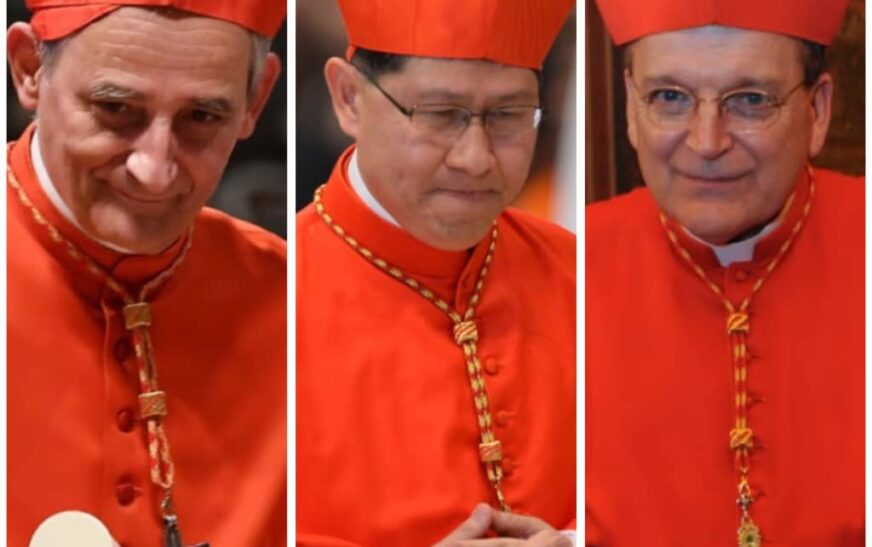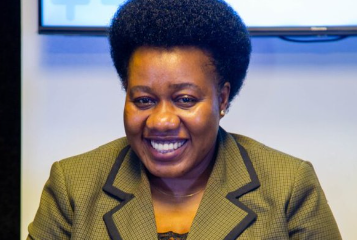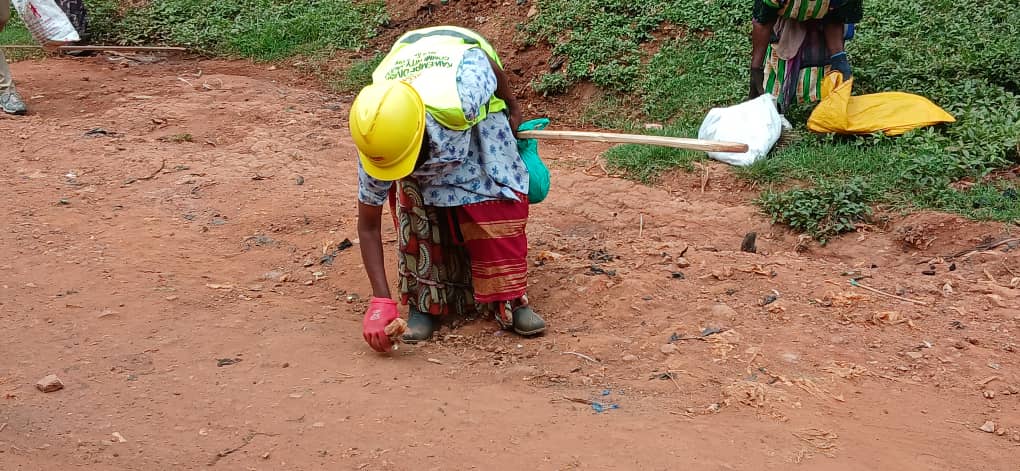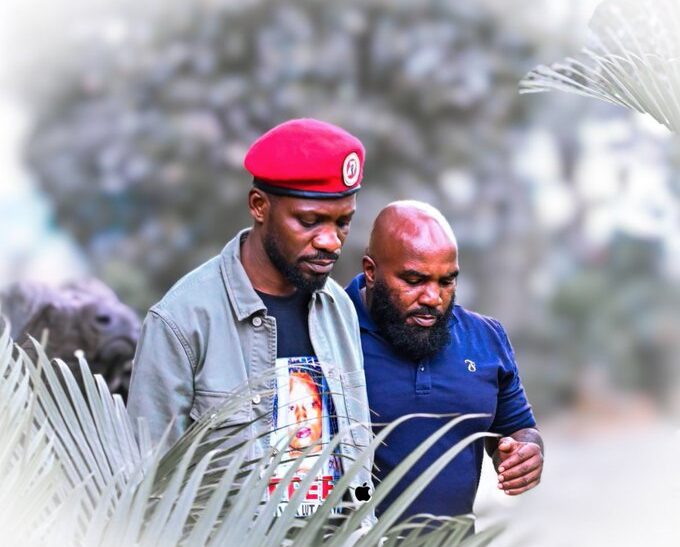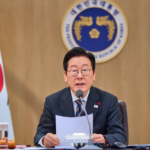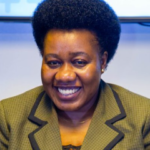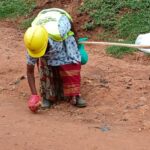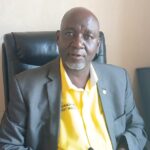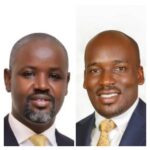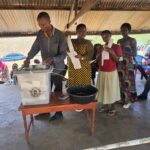As the conclave to elect the next pope looms, the world’s smallest country is engulfed in ritual and anticipation. One hundred thirty-three cardinal electors from around the globe are gathering beneath the god-breathed frescoes of the Sistine Chapel for one of the most secretive ballots in the modern world.
Cut off entirely from the outside—no phones, no media, no exit—they will vote, and vote again, until they choose the next spiritual leader of the world’s 1.4 billion Catholics.
“We are in a very close, very deep, very rich, and very responsible preparation,” said Cardinal Luis José Rueda Aparicio, archbishop of Bogotá, Colombia, on Monday. “We are in need of prayer—much prayer—from all the people of God.”
The conclave is a rare event that straddles the fault lines of religion, geopolitics, pop culture, and global media. Once a decision is reached, white smoke will rise above the Apostolic Palace, and the new pope will step onto the balcony to greet his flock.
That moment will mark the emergence of one of the most influential figures in a deeply fractured world—marked by wars in Ukraine, the Middle East, and Africa; rising populism and anti-migrant sentiment in the U.S. and Europe; and mounting global trade tensions.
Internally, the new pontiff will inherit a Vatican burdened with financial deficits and the unresolved pain of the Church’s long-running sexual abuse scandal—a crisis many feel Pope Francis failed to adequately address.
Debate is intense over the direction the Church should take next. Should the next pope continue Francis’ progressive path—emphasizing outreach, environmental advocacy, and support for migrants? Or should he steer the Church back to its more conservative, traditional roots?
Francis also worked to diversify the College of Cardinals, appointing 108 of the 133 current electors. Of these, 52 are from Europe, 23 each from Asia and Latin America, 17 from Africa, 14 from the U.S. and Canada, and four from Oceania—reflecting the Church’s shift away from Europe’s declining religiosity toward growth in the Global South.
Some traditionalists argue it’s time for an Italian pope—the first since 1978—to reflect the Church’s historic roots.
Security and secrecy are paramount. In addition to electronic sweeps of the Sistine Chapel, even its windows are sealed to prevent laser-based eavesdropping. Electors must surrender their phones and are encouraged to use disguised handwriting when casting ballots.
During the conclave, cardinals reside in the modest, H-shaped St. Martha House, a far cry from the opulence of the ceremony that follows. On Wednesday, they will swap their small zucchettos (skullcaps) for damask-woven white miters, as they gather in St. Peter’s Basilica for a Mass led by Cardinal Giovanni Battista Re, dean of the College of Cardinals.
In the afternoon, they will process from the Pauline Chapel into the Sistine Chapel, chanting the Litany of the Saints and the hymn Veni Creator Spiritus—just as they did in 2013.
Then, as depicted in the 2024 Oscar-nominated film Conclave, Cardinal Diego Giovanni Ravelli, Master of Papal Liturgical Celebrations, will solemnly pronounce extra omnes—Latin for “everyone out.” All non-electors, including cardinals over 80, must depart.
The first round of voting typically serves as a barometer, with symbolic or strategic votes cast for respected colleagues. That strategy once backfired: in 1334, Cardinal Jacques Fournier, not seen as a serious contender, was accidentally elected Pope Benedict XII.
Subsequent days follow a strict schedule: four votes daily—two in the morning, two in the afternoon. After each session, ballots are burned with chemicals: black smoke signals no decision; white smoke heralds a two-thirds majority and a new pope.
While some conclaves have ended in hours, most in recent decades last two to three days. Still, few forget the most infamous: the 1268–1271 conclave dragged on for nearly three years, until exasperated townspeople locked the cardinals in, tore off the chapel roof, and fed them only bread and water. Thus was born the word conclave—from the Latin cum clave, meaning “with a key.”

